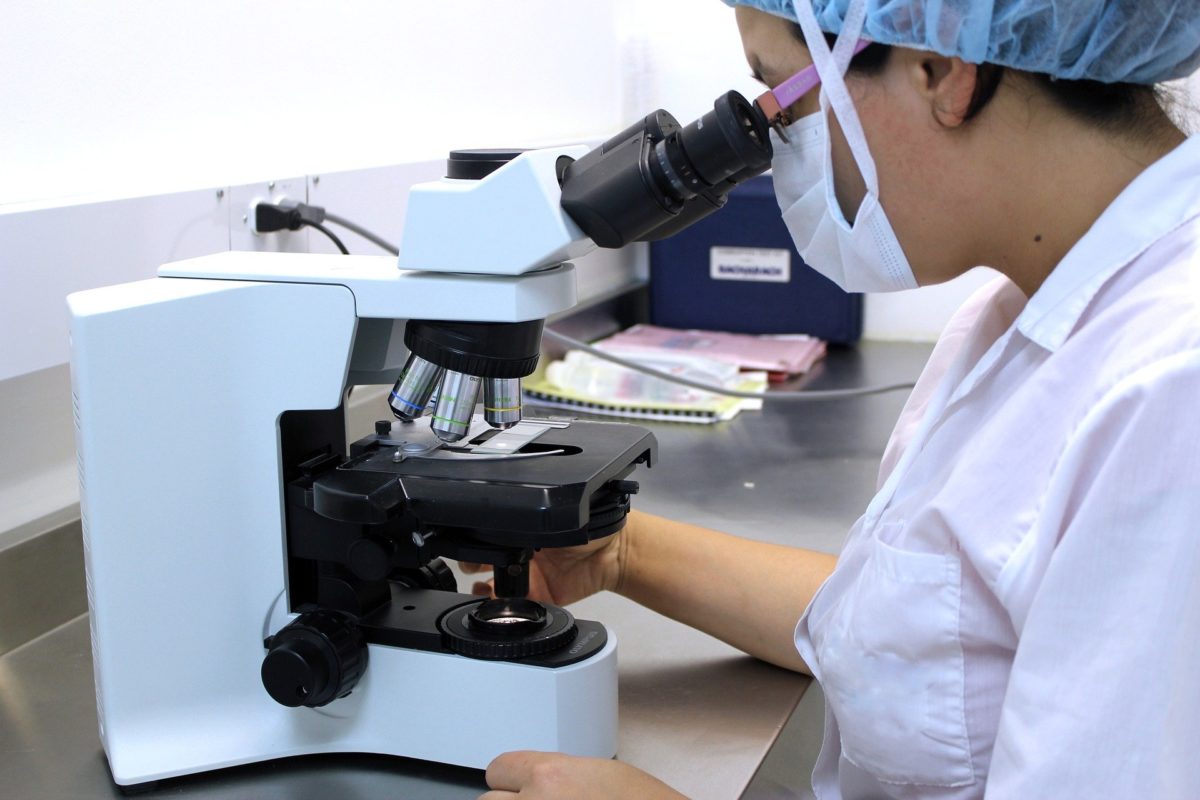The milestone and consolidation of all AgResearch Lincoln-based scientists under one roof at Tuhiraki is a strategic move to foster an environment of innovation.
The 3928m2 laboratory facility, located adjacent to the Lincoln University campus, is a nationally significant asset in terms of size, scale and technology, according AgResearch’s Chief Scientist, Dr Axel Heiser.
“Tuhiraki contains state-of-the-art laboratories, including Physical Containment level 2 (PC2) capabilities.
“Bringing our Lincoln-based researchers together in this incredible facility not only enhances our capacity for world-leading agricultural research but also strengthens the spirit of collaboration that is vital for scientific breakthroughs.”
Some of the lab tech is impressive.
In plant growth rooms, researchers can, for example simulate a solar day, using the latest programmable lighting technology. In the PC2 labs, researchers can work on viruses used in biocontrol programmes, GMOs, and complete DNA extraction, while in non-PC2 laboratories they can use formulation and fermentation tools, drying ovens, grinding rooms, or rooms to conduct sensory skin tests.
Several rooms are equipped with mass spectrometers, and the facility has its own industrial scale nitrogen generation plant, independent reverse osmosis water supply and storage, negative and positive pressure zones, gown-in and gown-out areas, and rooms to process soil and other samples. The laboratories are designed to be highly flexible, with the ability to change their usage with minimal effort or disruption to work.
Dr Heiser said the facilities enable our researchers to push the boundaries of what’s possible in agricultural science.
“These state-of-the-art facilities reflect our commitment to excellence and our dedication to making a positive impact on the agricultural sector through innovative research,” he said.
A key focus of Tuhiraki is to foster collaboration not only internally but also with our research partners at other Crown Research Institutes (CRIs), Universities, and elsewhere. This collaborative approach is fundamental to driving forward the research agenda and addressing the complex challenges facing the agricultural sector.
“The opportunities for co-development and service delivery that Tuhiraki enables are unparalleled. We are excited about the potential for collaborative projects that can emerge from this synergy,” Dr Heiser said .
“We are committed to working closely with our partners and stakeholders to leverage the capabilities of Tuhiraki for the benefit of the agricultural industry and beyond. This facility is not just a building; it’s a beacon for collaborative agricultural science.”
Source: AgResearch












